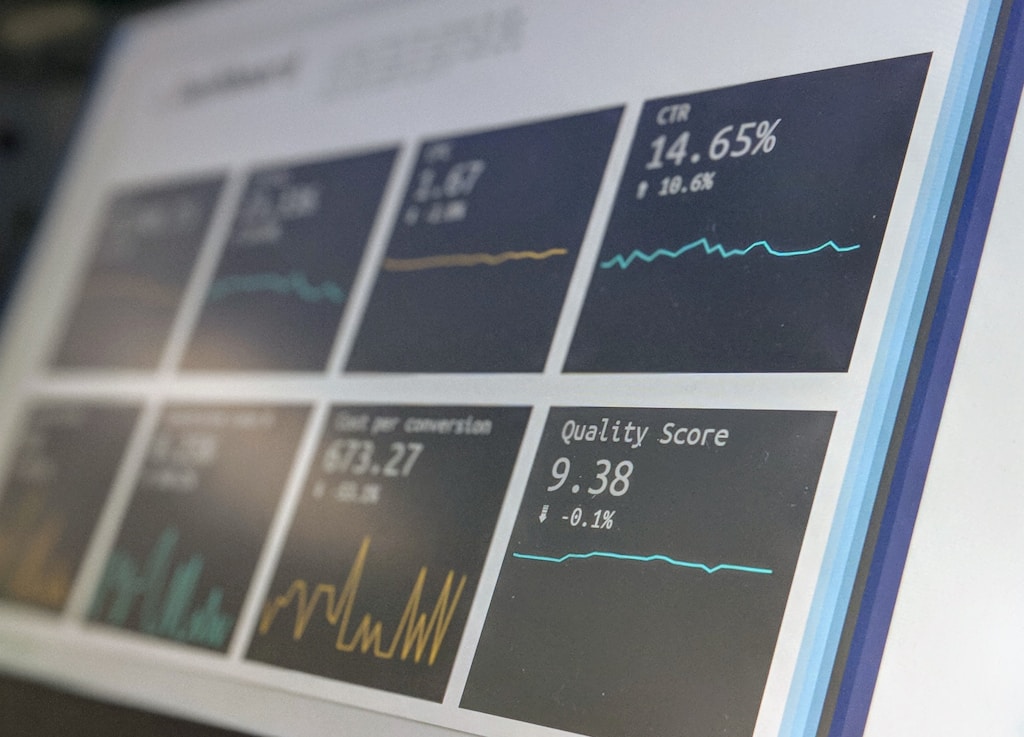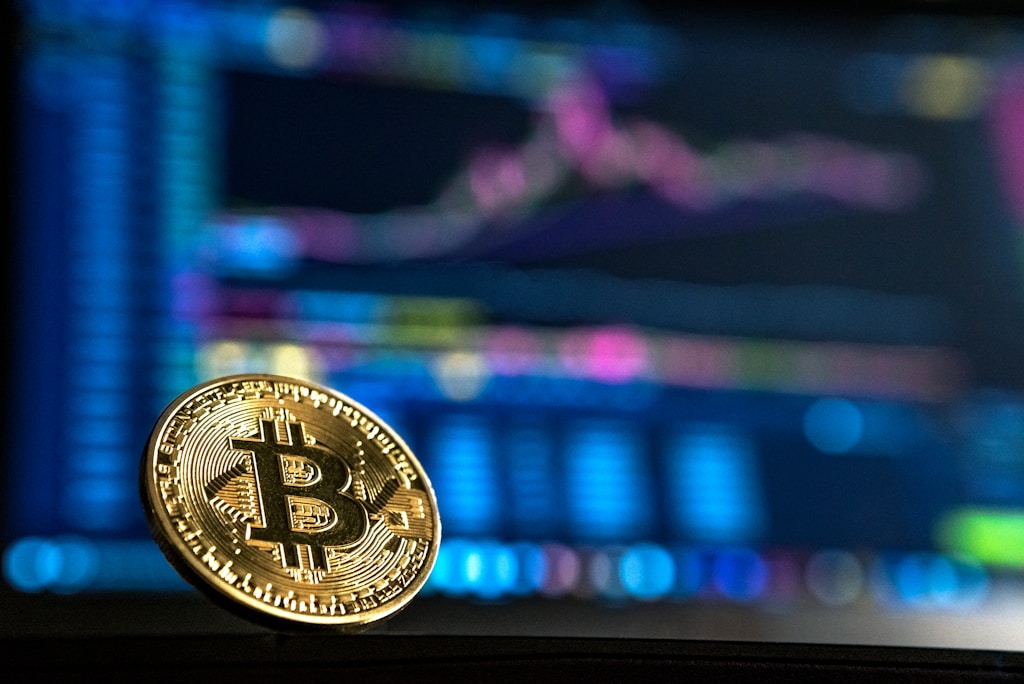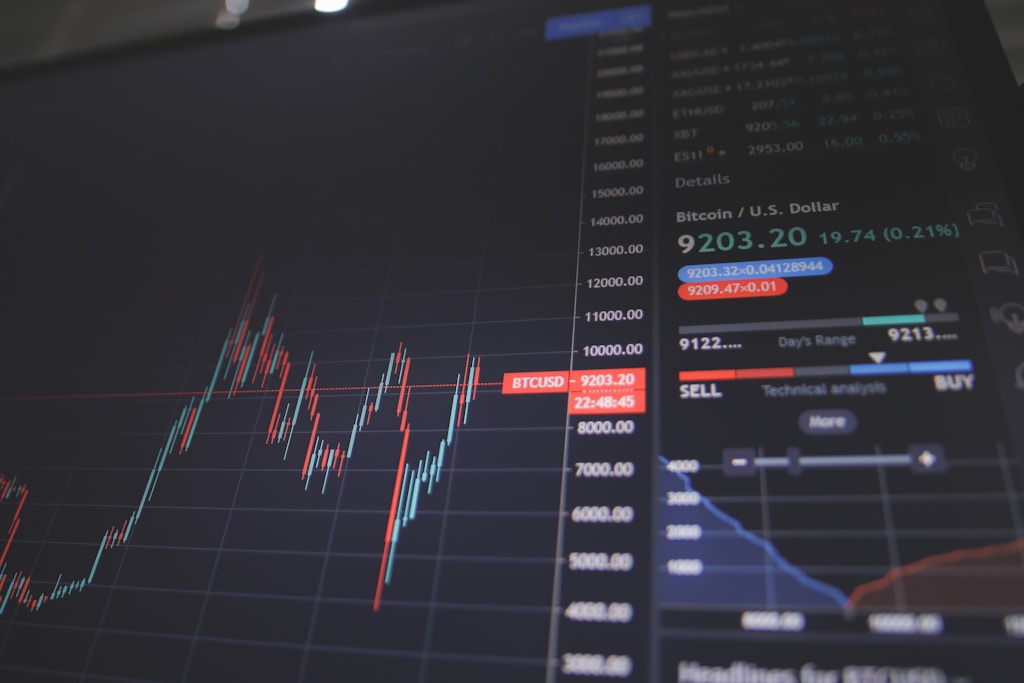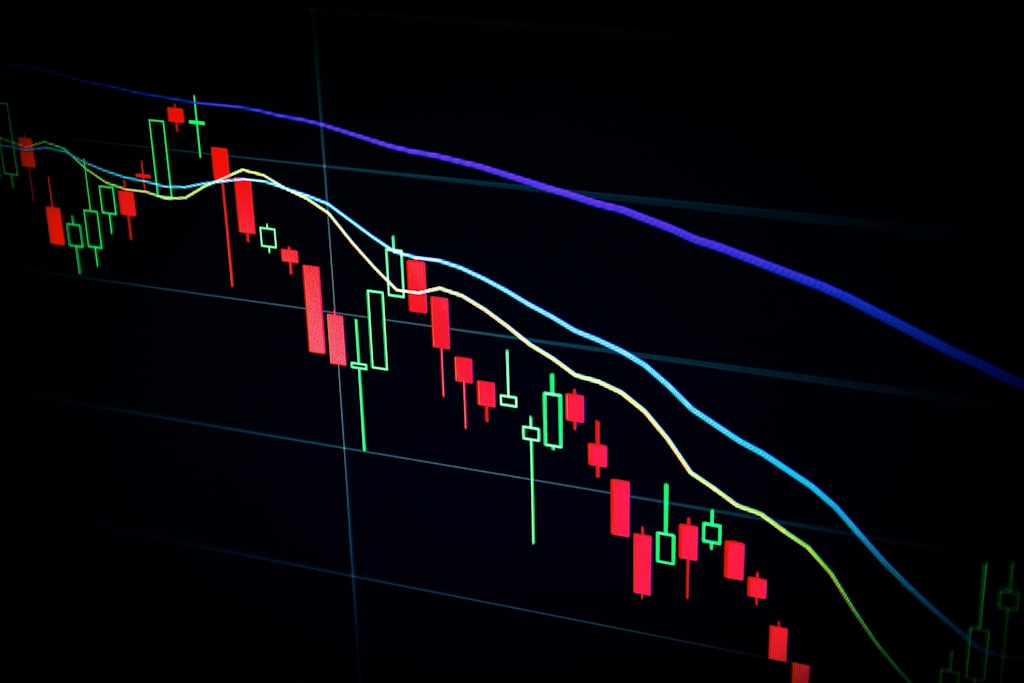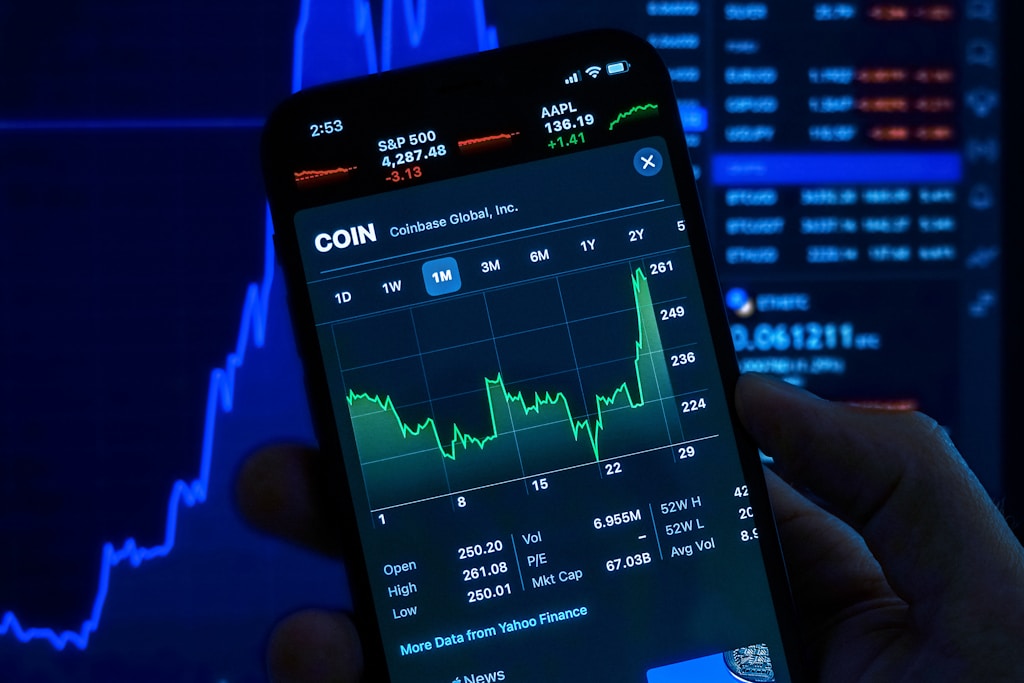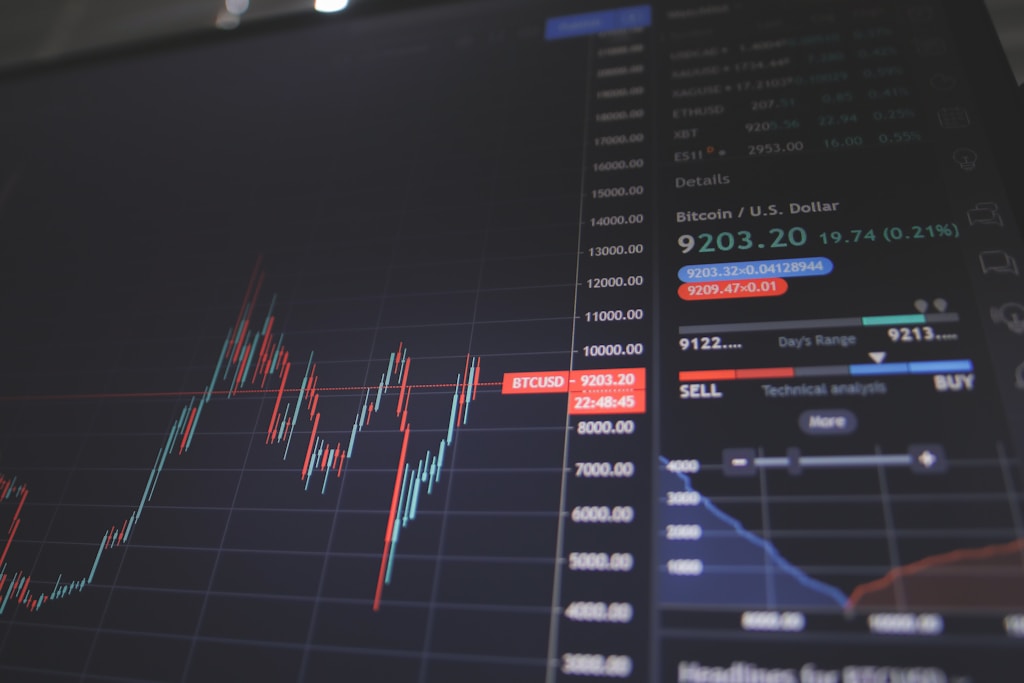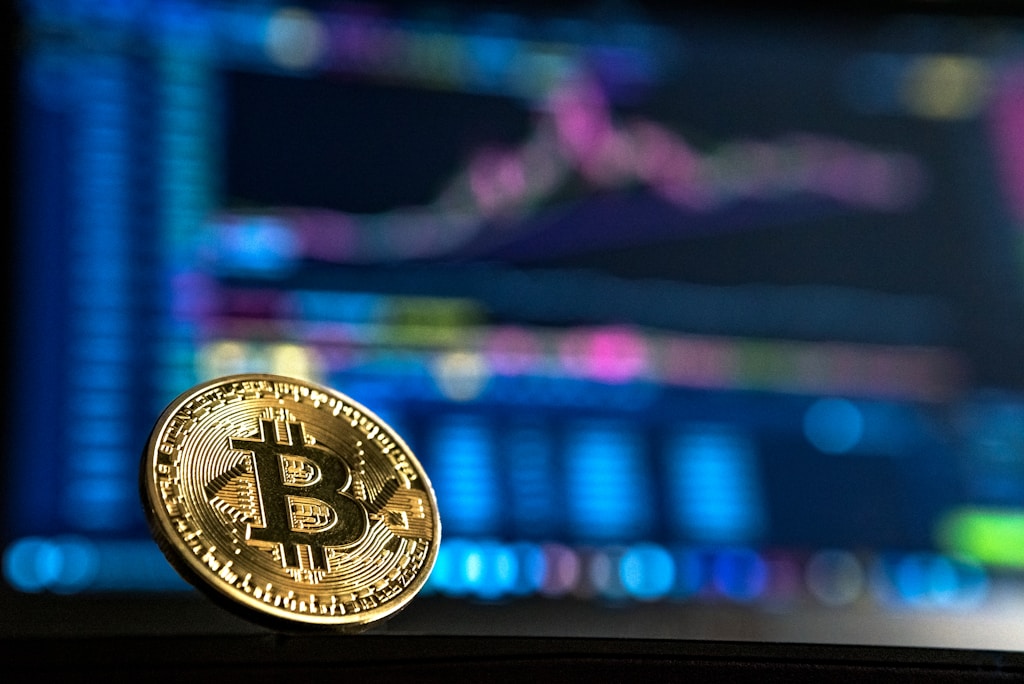Key Takeaways:
- Peter Schiff warns Trump’s proposed economic bill could devastate the US dollar
- Economist predicts massive deficit increase and economic collapse
- Growing concerns about fiscal policy impact on cryptocurrency markets
Renowned economist and gold advocate Peter Schiff has issued a stark warning about former President Donald Trump’s proposed economic legislation, suggesting it could trigger a catastrophic collapse of the US dollar. This development comes amid increasing concerns about fiscal policy and its impact on both traditional and digital asset markets.
As discussed in Robert Kiyosaki’s recent financial collapse warning, prominent market analysts are increasingly raising red flags about the stability of traditional financial systems.
Understanding Trump’s ‘Big, Beautiful Bill’
The proposed legislation, dubbed the ‘Big, Beautiful Bill’ by Trump, has drawn fierce criticism from economic experts, with Schiff leading the charge against what he describes as ‘economic suicide.’ The bill’s potential implications for monetary policy and market stability have sparked intense debate among financial analysts.
Impact on Cryptocurrency Markets
The potential dollar collapse scenario has significant implications for cryptocurrency markets, particularly Bitcoin, which has historically served as a hedge against fiat currency instability. Recent market data shows increasing correlation between fiat instability and crypto adoption, suggesting growing institutional interest in digital assets as a hedge against currency risk.
SPONSORED
Protect your assets from market volatility with up to 100x leverage on perpetual contracts
Expert Analysis and Market Implications
Financial experts suggest that Schiff’s warnings, while dramatic, highlight legitimate concerns about fiscal policy and its potential impact on global markets. The situation continues to evolve as market participants closely monitor developments.
FAQ Section
- Q: How could Trump’s bill affect the US dollar?
A: According to Schiff, the bill could lead to increased deficit spending and inflation, potentially weakening the dollar’s global position. - Q: What are the implications for cryptocurrency markets?
A: Dollar instability typically drives investors toward alternative assets, including cryptocurrencies and precious metals. - Q: How are markets currently responding?
A: Markets are showing increased volatility as investors assess the potential impact of these developments.

